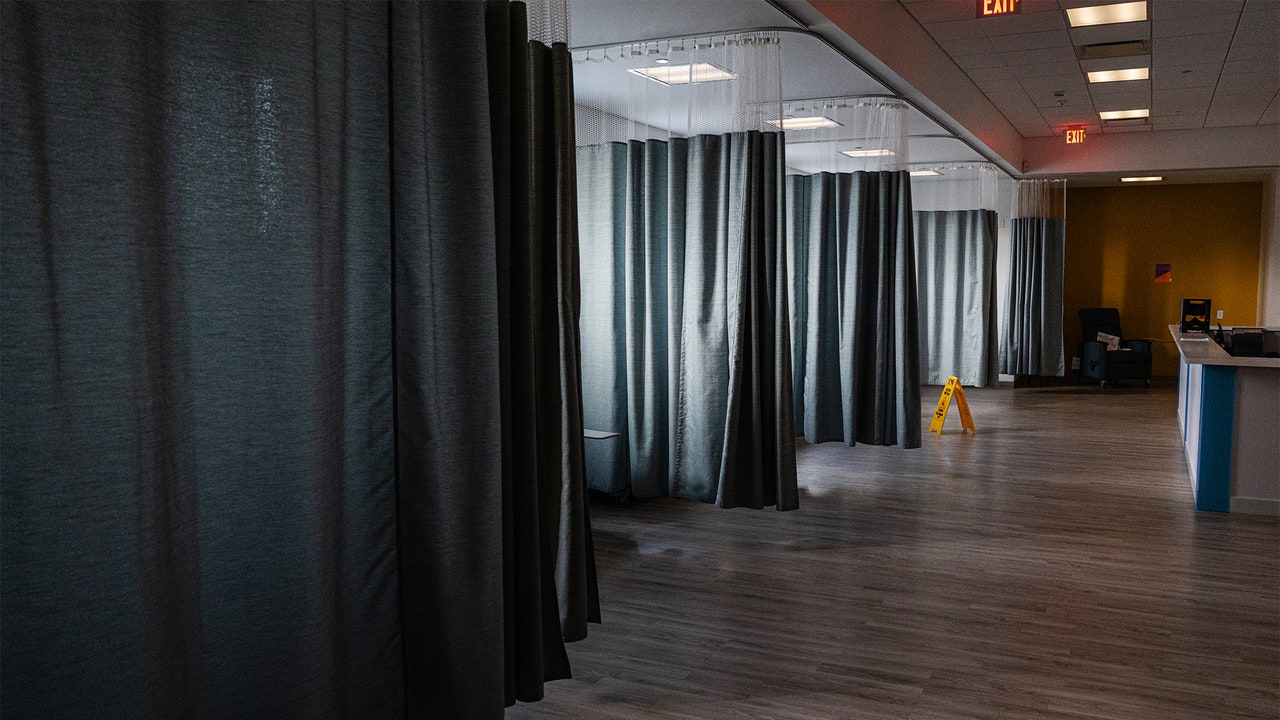
The accused killer of UnitedHealthcare CEO Brian Thompson was carrying a three-page manifesto when he was captured Monday afternoon at a McDonald’s in Altoona, Pennsylvania. An Ivy League graduate with a masters degree in engineering from the University of Pennsylvania, Luigi Mangione, 26, suffered from crippling back pain for which he had undergone spinal surgery. According to The New York Times, his manifesto included the lines, “These parasites had it coming,” and, “I do apologize for any strife and trauma, but it had to be done.” (Mangione’s lawyer has said his client plans to plead not guilty to charges including second-degree murder, forgery, and three gun-related offenses.)
While no one can seriously justify the decision to gun down a father of two to make a political point, Americans seem to agree on one thing: Something does need to be done about the country’s broken health insurance system.
The brutal slaying, and the frenzied manhunt that followed, have exposed widespread frustration with a system of for-profit health insurance that many Americans feel is actually killing them, one delayed-or-denied health insurance claim at a time. And doctors are as fed up as their patients.
“It is robustly obvious that there needs to be massive health care reform,” says a Texas emergency physician involved in health policy, whose hospital system will no longer let her speak on the record about these issues. “It is a universal truth now that patients in America are angry, that physicians are angry, and that commercial insurance isn’t in the health care business. It’s in the financial business.”
Struggling with the seemingly arbitrary policies and undermarket reimbursements offered by UnitedHealth Group and other insurers, doctors feel trapped in a zero-sum game that has robbed them of their clinical independence.
Four companies, known collectively as BUCA—Blue Cross and Blue Shield, UnitedHealth, Cigna, and Aetna—have become so powerful that “when doctors try to negotiate, they have to take whatever that carrier gives them,” says Ron Howrigon, a health care consultant who represents doctors in their dealings with insurers. He says of Thompson’s killing, “Obviously, this is a tragic event. But one of my first thoughts was, I am kind of surprised this hasn’t happened earlier.”
Amid this anger, UnitedHealth stands out for its sheer size, its aggressive moves to vertically integrate healthcare, and its expansive denial of claims, say health care experts and doctors. Headquartered in Minnetonka, Minnesota, it is a behemoth that took in more than $370 billion last year, making it America’s fourth-largest corporation by revenue. It insures more than 26 million Americans. More than one tenth of US doctors are either employed by or affiliated with the UnitedHealth subsidiary Optum Health, according to numbers shared by a company official at an investors conference last year. According to data from the personal finance website ValuePenguin, UnitedHealth denies almost one third of the patient claims it receives.
An investigative series by the biomedical news outlet STAT has likened the company to a “modern-day Standard Oil” that has built a profit-making machine by sitting on both sides of the transaction: It insures the patients and also employs the doctors who treat them. It reportedly pushes its doctors to report unnecessary or exaggerated insurance codes, increasing reimbursement in part by fabricating maladies. (A UnitedHealth spokesman denies those claims, saying the company’s doctors make “independent clinical decisions” in compliance with federal guidelines.)
Journalistic reports, followed by a class action lawsuit, have revealed the company’s use of artificial intelligence to deny claims for elderly patients in its private Medicare Advantage plans. The company is also facing an ongoing Justice Department antitrust probe examining the acquisition of doctors’ practices by a UnitedHealth subsidiary.
A UnitedHealth representative tells Vanity Fair that allegations of monopolistic practices and aggressive claim denials are false and misrepresent the group’s core mission: to reduce rising health care costs for consumers and employers. “That’s a responsibility we take very seriously,” the representative says, adding, “We do not use AI to make coverage determinations.” The representative declined to comment on the Justice Department probe.
However, he says of coverage decisions, “Less than 1% of claims are denied for clinical reasons. There is a very big difference between a claim denial and a care denial. One is denying care and one is denying a claim. I don’t want anyone to think we don’t provide care, because that’s different.”
Doctors in independent practice groups describe strong-arm tactics by the company—suddenly pushing them out of network, slashing their reimbursements, and stranding their patients with almost no notice. “Their interest is in killing private practice physicians,” says a North Carolina anesthesiologist. “It’s all a commodity to them. ‘If we can pay you 20 cents on the dollar, we are going to do this.’” He adds, “It’s going to cause [physician] groups to collapse.”





